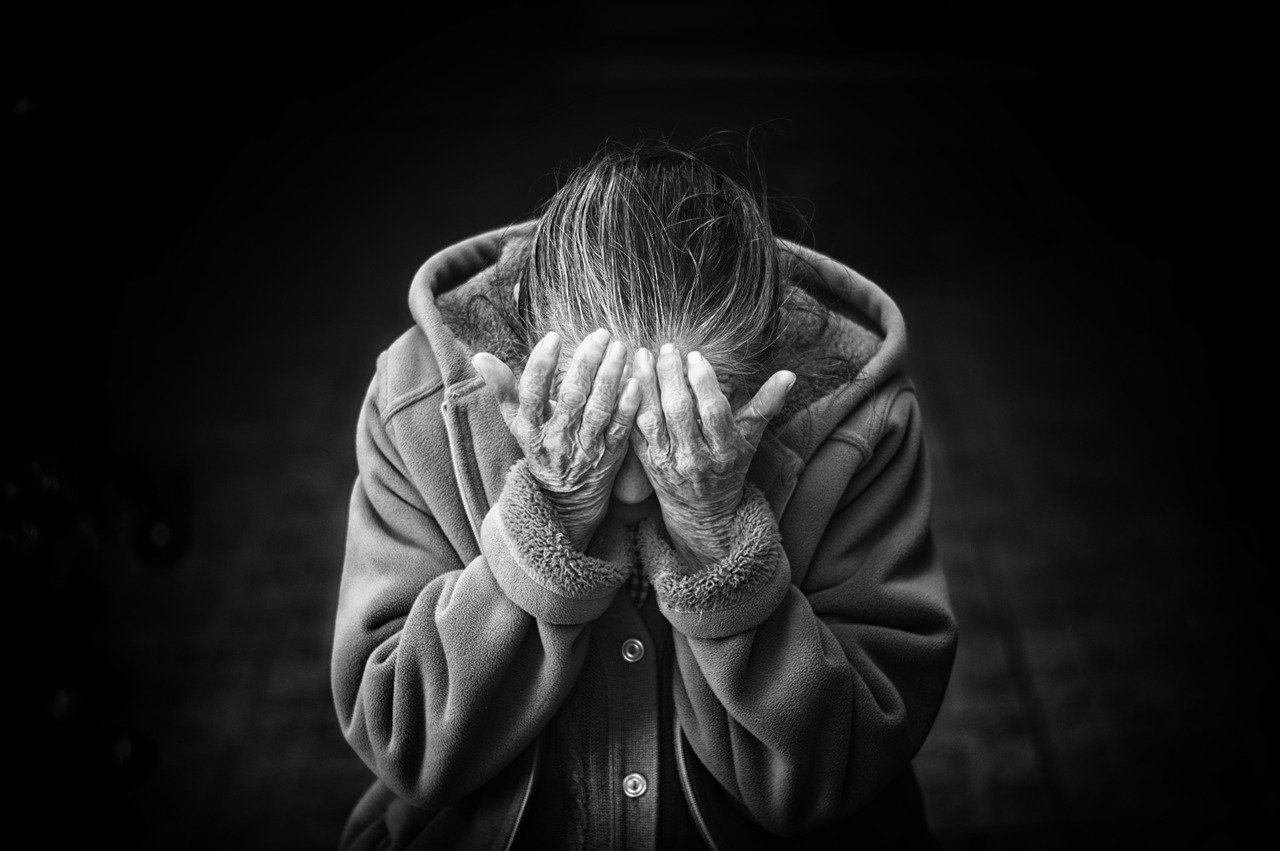
Life as a senior has never been better. Seniors lead healthier and more active lives than ever before. They live longer, find second and third chances at love, and master new hobbies well into their eighth and ninth decades and beyond. Yet stereotypes about aging persist. Some people mistakenly believe that aging is inherently sad, and that depression is a normal part of senior life. However, depression is a medical condition. It’s more than just sadness, and it’s certainly not a part of typical aging. Here’s what you need to know about depression and aging.
Certain Seniors Are at a Heightened Risk of Depression
Depression is actually less common in seniors than it is among other groups. Between 1-5 percent of community-dwelling seniors have depression, though rates are higher among home healthcare patients (13.5 percent) and hospitalized seniors (11.5 percent). This means that some seniors face a higher risk of depression than others. Some risk factors include:
- Loneliness and isolation
- A recent loss
- A previous history of depression or mental illness
- A chronic health condition — 80 percent of seniors have at least one chronic ailment, and 50 percent have two or more.
Many Seniors Believe Myths About Depression
Public awareness campaigns have greatly decreased mental health stigma. Younger people now know that depression is not a choice or a personal failing, and that you can’t think your way out of it. Yet many seniors still believe depression stereotypes. Just 38 percent of seniors believe depression is a medical problem. Most say they would try to handle it alone, with only 42 percent saying they would seek help from a professional.
This suggests that some seniors may suffer in silence, mistakenly believing that depression is something they can handle alone or think their way out of. The results can be catastrophic.
Depression Can Affect Physical Health
Depression is more than just sadness; it also affects a person’s physical health. Many people with depression experience headaches, stomach pain, chronic pain, and other daily discomforts. Left untreated, depression can even put a person at risk for serious health problems. People with depression are at a higher risk of cardiovascular disease and substance abuse.
Seniors with depression may struggle to manage chronic health conditions. Depression saps motivation, making it difficult to exercise, socialize, or take prescription medication. Seniors who already have health issues may get significantly worse if they become depressed.
Depression Can Be Confused With Dementia
There’s a surprising link between depression and dementia. In seniors, symptoms of depression may mimic those of dementia. This can delay treatment and prolong a senior’s suffering. In some cases, depression may actually be a risk factor for dementia. Researchers are just now beginning to untangle this complex link. It’s unclear whether depression causes dementia or is an early symptom. But in either case, prompt treatment can improve a senior’s quality of life.
Depression is Treatable
People struggling with depression often feel profoundly hopeless. This can make it difficult for them to seek out and stick with treatment. Seniors who believe myths about depression may struggle even more to accept treatment. Yet depression is a treatable condition—not a life sentence. Medication, lifestyle changes, shifts in diet, and better treatment for chronic health conditions can all help alleviate the burden of depression.
Lifestyle Strategies Can Help With Depression
Depression, like other illnesses, often improves with lifestyle remedies. Supporting seniors to lead healthy lifestyles can therefore be an important step in the fight against senior depression. Some effective depression treatment options include:
- A healthy sleep schedule. Seniors need 7-8 hours of sleep each night.
- Plenty of exercise. Some research even suggests that exercise can be as effective as antidepressants.
- An active social life.
- Finding a new hobby or embracing a once-beloved activity.
- A healthy, balanced diet rich in fruits, vegetables, whole grains, and healthy proteins such as fish.
- Managing chronic medical conditions. Untreated diabetes, heart disease, and other diagnoses can make depression worse.
Arbor Terrace Mountainside fights depression with a vibrant community, active living, and a commitment to exceptional senior care. To learn more about how the right community can be an antidote to depression and sadness, visit our website.

Author Bio:
For the past five years, Chris Harper has been the Vice President of Communications at The Arbor Company. His dedication to fulfilling Arbor’s mission of providing unparalleled care to seniors has made him a passionate advocate for senior health, memory care, and aging with dignity.
Photo credit to pixabay.com
